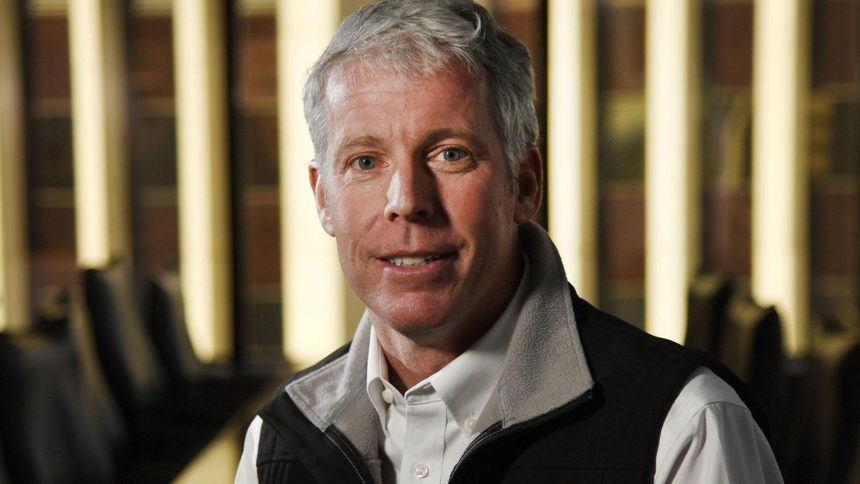Chris Wright, the CEO of Liberty Energy, is a trained engineer from MIT and UC Berkeley who has successfully run a significant fracking company while also engaging in next-generation energy investment. His efforts include backing innovative startups such as Fervo Energy, which aims to utilize geothermal energy through fracking. In an interview with Forbes, Wright articulated his belief that the world needs reliable and affordable energy to tackle global challenges, stating that reliance on fossil fuels remains essential, albeit he acknowledges the implications of climate change and the rising carbon dioxide levels. Despite being labeled a “climate denier,” Wright contradicts that notion by recognizing the greenhouse effects of carbon dioxide, asserting that the solution isn’t energy conservation but rather the increasing consumption of energy, which has historically led to societal advancements.
Despite the growing share of renewable energy sources like wind and solar, Wright is skeptical about their long-term viability due to issues related to land use and intermittent availability. He argues that carbon-neutral technologies, such as solar panels and wind turbines, have their own environmental and ethical concerns, such as dependence on metals sourced under dubious labor conditions and reliance on fossil fuels for their production. Wright champions natural gas and new nuclear technologies as more sustainable energy alternatives that can provide consistent energy output, thus advocating for investment in advanced geothermal and nuclear technologies as pivotal to the future energy landscape.
Wright’s foray into the energy sector began in 1992 when he founded Pinnacle Technologies, which specialized in utilizing seismic fracturing techniques for oil and gas extraction. His expertise in geology and seismic technology positioned him favorably for the shale gas boom when he, alongside allies, launched Liberty Resources, acquiring significant land in North Dakota’s Bakken fields. Due to unreliable fracking services at the time, he initiated his own service company, which has since grown to be a leading player in the industry, completing a significant portion of the nation’s drilled wells and generating considerable revenue.
Liberty Energy currently commands over $4 billion in annual revenue and has been on a solid financial trajectory, even amidst challenges like the pandemic-induced oil price crash. Strategically, Wright leveraged Liberty’s capital to purchase Schlumberger’s North American fracking business during the downturn, which displayed his commitment to growth and resilience. Wright’s approach has drawn praise from industry peers for its balanced perspective and innovative thinking. He plans to continue growing Liberty whilst also diversifying its investment portfolio into other renewable energy sources, consistently reinforcing a dual approach focused on both fossil energy and low-carbon technologies.
In his pursuit of energy solutions, Wright has invested heavily in startups such as Fervo Energy and Oklo, working towards scalable geothermal and small-scale nuclear solutions. His initial support for Fervo came from a deep-seated belief in the feasibility of applying fracking techniques to geothermal energy extraction, while Oklo’s modular nuclear reactor design aligns with his vision of economically stable energy production. Wright sees the future of energy partly reliant on federal help for emerging technologies, facilitated by the Inflation Reduction Act, yet his primary focus remains on the commercialization and profitability of these ventures independent of government subsidies.
Wright maintains a commitment to clean energy alternatives without compromising his beliefs in traditional fossil fuels. While he envisions a future where clean energy technologies thrive, he expresses confidence that Liberty’s investments in this sector are driven by market viability rather than government assistance. With backing from influential investors and a network of private equity partners, Wright’s track record hints at possible bipartisan collaboration in energy policy—though the path remains fraught with political challenges, particularly regarding the ongoing debate over federal subsidies for low-carbon power sources. Ultimately, Wright stands firm on one principle: the pursuit of abundant, affordable energy must continue to advance, irrespective of prevailing political ideologies surrounding it.



